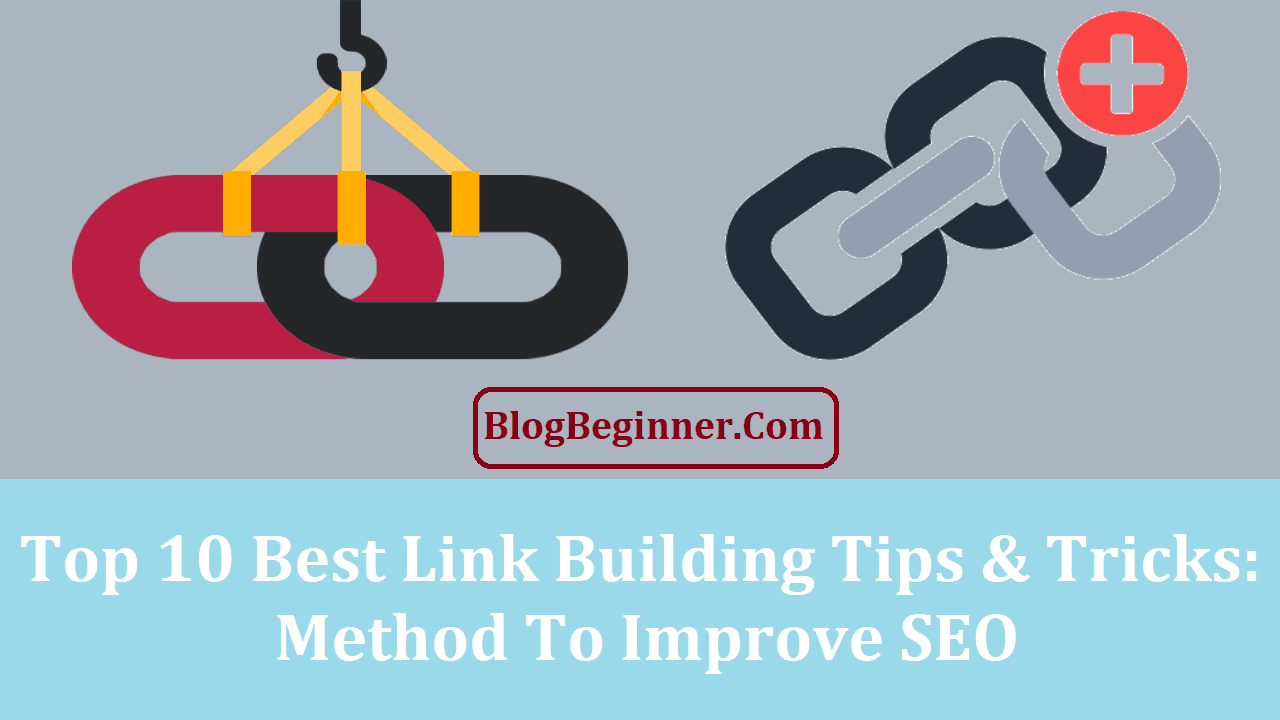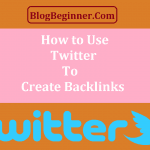Link building is one of the most important skills when it comes to Search Engine Optimization. It is the strategy of interlinking websites with each other that allows us to navigate between various web pages on the Internet.
Our goal is to earn maximum links back to our websites and rise up the ranking systems. However, before diving deep into link building, it is helpful to know why it even matters.
Contents In Page
Why is Link Building Important?
Link building is important for many reasons, but the top three are:
- Google counts links as its number one ranking factor
- It helps direct traffic to our websites
- Backlinks from reputable websites help build brand image and authority
10 Working Link Building Tips
Earning trust and building authority should be our main aim during link building, and these ten proven tips go a long way in achieving that.
1. Ask Nicely
The aim here is to look for friendly faces and ask them for a generous backlink. All those links will not come in handy, that’s for sure. But even a couple of good backlinks can help in earning precious web page views.
In-content links help more than links placed in headers or footers. So, when asking, we must also request our friends to place our links in favorable positions.
2. Stay Relevant
While earning backlinks, relevancy is one of the most important factors to consider. Backlinks from any high-quality website help our bidding, yes, but they do not prove to be as useful in the long run.
By getting a backlink from a website in our domain, we prove our relevancy to the search engines and that we are in the same category as the host website.
Many big websites often fail to provide a backlink while promoting brands. Yet, thanks to their authority, those mentions prove to be as powerful as backlinks.
3. Get Listed in Directories
Getting listed in link directories is one of the most used link building techniques. Many new age strategies have pushed link directories down the pecking order.
Yet, when it comes to local marketing, there is nothing better than directories.
Sadly, many unreliable and spammy directories have made things complicated. But high-quality directories like Best of the Web, Yelp, and Yahoo! Directory are still working like a charm.
4. Anchor Text
Anchor textAnchor text is the visible, clickable characters and words in a hyperlink. In browsers, the text is usually blue and underlined, although it is possible to tinker with its color and style.
If used smartly, anchor text can help in achieving higher rankings in search results. With this sort of text, we can easily rank for a keyword.
However, to achieve the desired results, we must use anchor texts sparingly and focus on maintaining a natural flow.
5. Build Social Media Relationships
Networking is one of the most important steps of running a successful business. By using community-based sites like Facebook, we can connect with like-minded people.
The next step is to post quality content and show our unique views. Most Facebook groups do not allow direct promotional posts.
Yet, by posting original content and striking insightful conversations in comments, we can at least get a buzz going and maybe even earn invaluable backlinks.
6. Spread the Word
Submitting press releases to reputable PR companies can work wonders for new websites. Websites like PRLeap and PR Newswire can generate a lot of hype and give newbies an early boost.
As developers, we must make sure our product lives up to the hype and leave to rest to these industry-leading PR sites.
7. Get Blogging
PR sites can give our brand name a quick and early boost, but nothing ranks higher than quality, well-structured, and relevant content.
A dedicated blog helps us give our potential customers an insight into our products, building a transparent relationship.
Blogging also has its SEO benefits.
By blogging regularly, we tell web crawlers to frequently index our website.
Consequently, that helps improve our search engine ranking.
8. Guest Posts
Guest posts are a great way to show our expertise. But, before writing a guest post, we must make sure we are targeting the right audience.
The website we are writing for should be in our niche and have a good reputation.
As for the post, we must make sure there are no blatant brand promotions.
The writing should be crisp, to the point, and informative, as a poorly constructed article can be damaging for a business.
9. Internal Linking
Focusing most of our link building efforts on our homepage is not the best idea.
This makes the search engines skim through our website without taking a proper look at the content found inside.
Attaching enough internal links not only spreads and increases the total web page views but also pushes our search engine ranking by showing search engines that all our web pages are still relevant.
10. High-Quality Links Only
Earning backlinks is a lucrative prospect, but the authority of the page linking to us is just as important.
Getting backlinks from only low-quality sites does not help our cause, as search engines disregard most of them as unreliable.
Our aim should be to get mentions and backlinks from reputable websites in our niche. Also, getting backlinks from educational, government, and military websites has its own set of perks.
Search engines already see these as authority sites and value their approval greatly.
Final Words
Link building is certainly one of the most tedious tasks there is. It requires us to be at our strategic, analyzing, and marketing best.
This strategy also does not abide by a single rule and works differently for each website. So, the key here is to be calm and adapt.
Developers and entrepreneurs seek results, and often, immediately.
Link building, though, does not always reap the rewards that fast.
Social media referrals do not work all the time. Often, our websites do not end up in SERPs. And sometimes, bloggers are not that generous with their network.
Even amid all hurdles, our aim is to remain consistent and continue honing our craft.
Above all, we ought to keep hoping that all our efforts will pay dividends, sooner rather than later.








